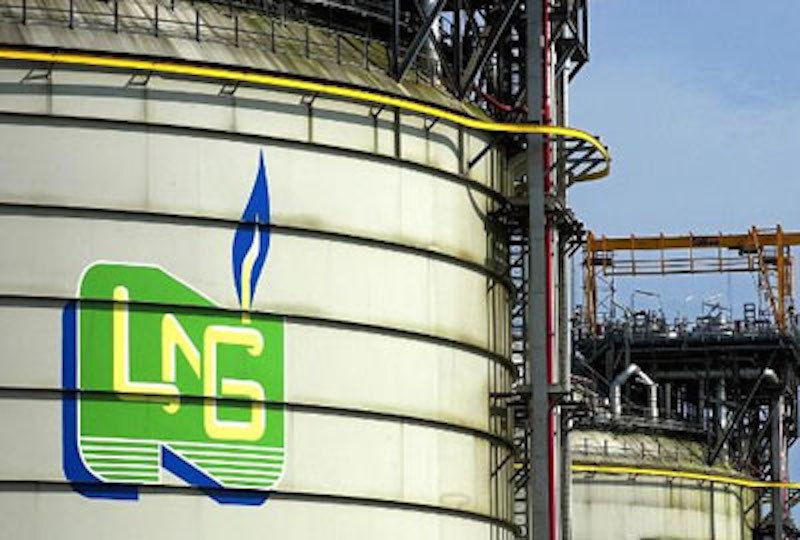
There has been a great deal of discourse in recent weeks, regarding whether or not the sale of assets is a viable and appropriate option at this time for Nigeria. In my view, the sale of assets is a viable option to achieve various ends; however experience from previous privatisation exercises must inform a wiser approach in future sale exercises.
In my view, the following principles should be held as cardinal in the execution of any asset sales or concessions:
i) Focus on selling under-performing, but potentially high value assets, such as:
– the Nation’s oil and gas Joint Ventures,
– the airport assets of the Federal Airports Authority of Nigeria
– Various real estate assets owned by the Federal Government in Lagos, which are in various states of disrepair
– Assets of the Nigerian Railway Corporation.
The country’s stake in the Nigerian Liquefied Natural Gas Company (NLNG) is a proven high-performance asset and should be retained as is. Indeed, the structure of Nigeria’s investment in NLNG has proven itself as a model for emulation. Nigeria should focus on incorporating its Joint Ventures and selling down its stake in as many of these as possible to minority positions (in my view, 30% or less). In similar vein, the recently-announced plans to concession the nation’s airports and railways must be given full support.
ii) There must be strong oversight over the process to minimise political influence and ensure that the best bidders win. It is also crucial to ensure that the composition of bidders’ consortia must be of the highest possible quality, with bidders showing strong capacity to not only fund the acquisitions with equity, but also invest in the further development of the assets for the future benefit of the country’s economy.
iii) Prudent and transparent management of the proceeds of all sales is crucial. A repeat of the PHCN privatisation scenario (in which the lion share of proceeds was used to settle severance pay of workers with little benefit for the wider economy) must never be repeated. A system by which the proceeds (or at least a lion share) can be pooled, independently and transparently managed (using a model similar to the SURE-P system) and invested in new infrastructure assets for the benefit of the wider citizenry must be created, for any privatisation programme to be a success.
iv) Use of the IPO option (wherever possible) is also important, as this can serve to reduce the fear that assets will be sold to political cronies or weak bidders. So for example, Nigeria owns a 60% stake in most of the oil JV’s. This means that we have to provide the largest share of capital to finance new projects. It should also mean that we earn the lion share of the proceeds from them (but you know that that most of that cash is “wacked”, whether it reaches the cookie jar or not. What most folks don’t know is that our dominant position means that no real actions take place until NNPC board meets to take decisions (and that happens once a year if we’re lucky). So wouldn’t it make more sense for us to sell our 35% of our 60% stake in this manner- 20% to other oil companies or private equity investors, 15% IPO on the Nigerian Stock Exchange, including 5% specifically allocated to indigenes of the Niger Delta? Just thinking.
The objectives which can be achieved from asset sales include:
· Additional revenue for government at various levels (though wacking is a distinct possibility)
· An increase in monetary reserves, to the extent that sale proceeds are received in hard currency
· A (potentially) significant inflow of private sector capital from local and international sources
· Increased efficiency and utilisation in the management of existing and sub-optimal public sector assets
However, it is important to note that the sale/concessioning of many public assets will require speedy passage of various laws before the National Assembly, including the Petroleum Industry Bill, the Railways Bill, the Ports and Harbours Bill, the National Competition Commission Bill, etc.
Just my thoughts.
END


Be the first to comment